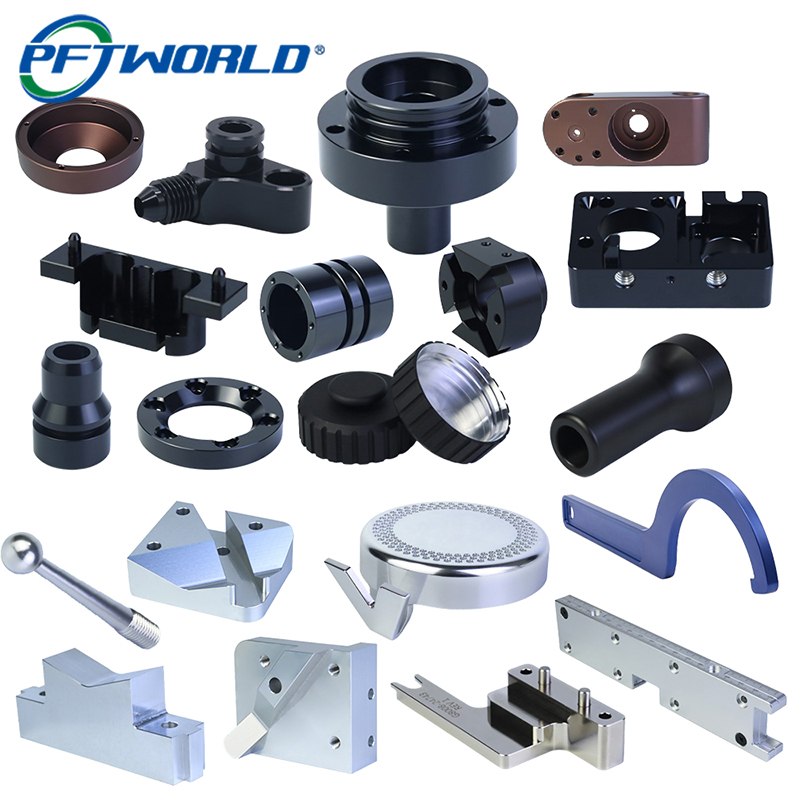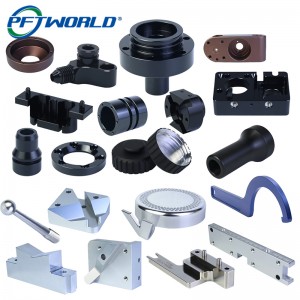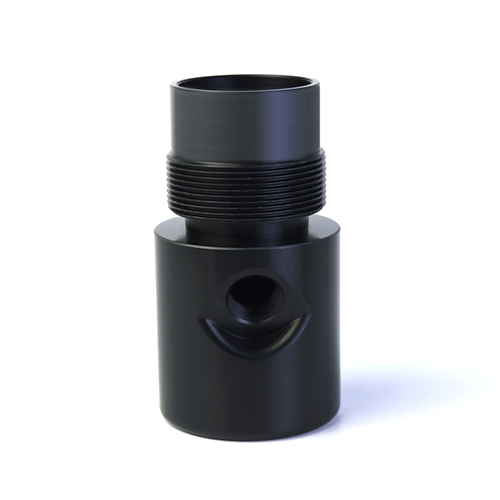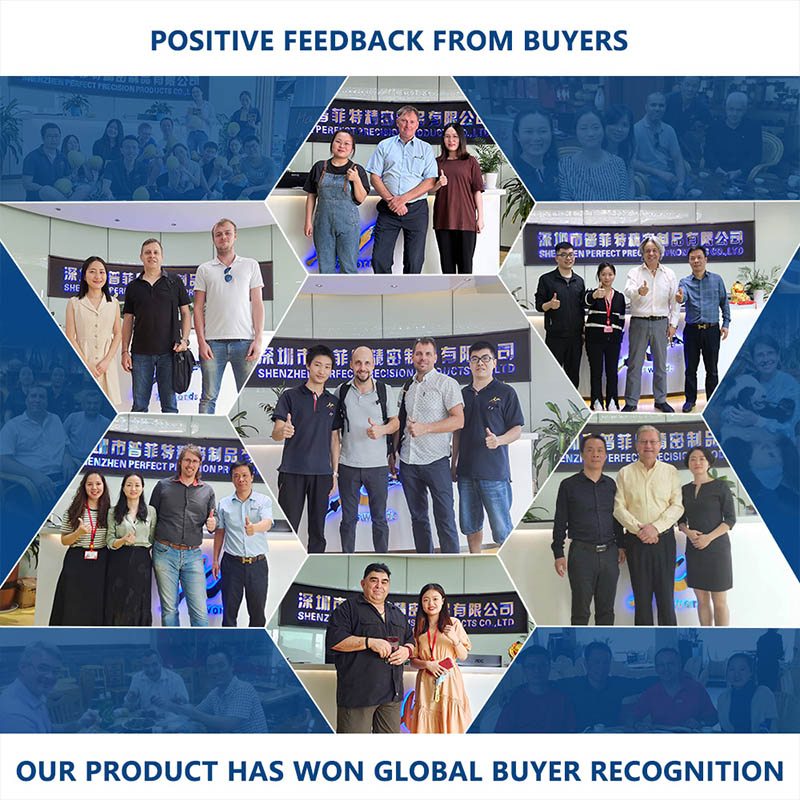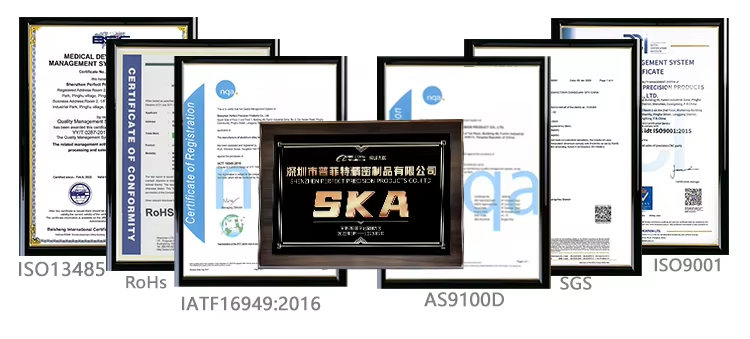Tool Steel D2 Machining for Injection Molds
PRODUCT DETAIL
Product Overview
If you're working with injection molds, you've probably heard of D2 tool steel – the workhorse of durable mold materials. But machining this beast isn't for the faint-hearted. Let me walk you through the real-world challenges and solutions for working with D2, straight from the shop floor.
Why D2 Steel Dominates Injection Mold Making
D2 isn't just another tool steel – it's the gold standard for molds that need to last. Here's why:
✔ Exceptional wear resistance (Chromium carbides make it 3x tougher than P20)
✔ Good dimensional stability (Holds tight tolerances under heat)
✔ Decent polishability (Can achieve SPI A1/A2 finishes)
✔ Balanced cost (More affordable than premium steels like H13)
Typical Applications:
●High-volume plastic parts (500k+ cycles)
●Abrasive materials like fiber-filled resins
●Tight-tolerance medical components
●Automotive under-the-hood parts
Proven Machining Strategies That Actually Work
1.Cutting Tools That Survive D2
●Carbide end mills with TiAlN coating (AlCrN works too)
●Positive rake geometry (reduces cutting forces)
●Variable helix designs (prevents chatter)
●Conservative corner radii (0.2-0.5mm for finishing)
2.Tool Life Hack
Reduce surface speed by 20% compared to P20 steel. For hardened D2, stay around 60-80 SFM with carbide tools.
EDM'ing D2: What the Manuals Don't Tell You
When you hit that hardened state, EDM becomes your best friend:
1.Wire EDM Settings
●Slower than cutting P20 by about 15-20%
●Expect more recast layer (plan for additional polishing)
●Use skim cuts for better surface finish
2.Sinker EDM Tips
●Graphite electrodes work better than copper
●Multiple electrodes (roughing/finishing) extend life
●Aggressive flushing prevents arcing
Polishing D2 to Perfection
Achieving that mirror finish requires:
●Start with proper machining/EDM finish (Ra < 0.8μm)
●Step through abrasives systematically (400 → 600 → 800 → 1200 grit)
●Use diamond paste for final polish (3μm → 1μm → 0.5μm)
●Directional polishing (follow material grain)
The Future of D2 Mold Making
Emerging trends to watch:
●Hybrid machining (combining milling and EDM in one setup)
●Cryogenic machining (extends tool life 3-5x)
●AI-assisted parameter optimization (real-time adjustments)
We are proud to hold several production certificates for our CNC machining services,which demonstrates our commitment to quality and customer satisfaction.
1、ISO13485:MEDICAL DEVICES QUALITYMANAGEMENT SYSTEM CERTIFICATE
2、ISO9001:QUALITY MANAGEMENT SYSTEMCERTIFICATE
3、IATF16949、AS9100、SGS、CE、CQC、RoHS
Positive feedback from buyers
●Great CNCmachining impressive laser engraving best Ive everseensofar Good quaity overall,and allthe pieces were packed carefully.
●Excelente me slento contento me sorprendio la calidad deias plezas un gran trabajo This company does a really nice job on quality.
●If there is an issue they are quick to fix itVery good communication and fast responise times
This company always does what I ask.
●They even find any errors that we may have made.
●We have been dealing with this company for a number of years and have always recelved exemplary service.
●I am very pleased with the outstanding quality or mynew parts.The pnce is very competiive and the custo mer service is among the best Ive ever experienced.
●Fast tumaround rabulous quality,and some of the best customer service anywhere on Earth.
FAQ
Q:How fast can I receive a CNC prototype?
A:Lead times vary depending on part complexity, material availability, and finishing requirements, but generally:
●Simple prototypes: 1–3 business days
●Complex or multi-part projects: 5–10 business days
Expedited service is often available.
Q:What design files do I need to provide?
A:To get started, you should submit:
●3D CAD files (preferably in STEP, IGES, or STL format)
●2D drawings (PDF or DWG) if specific tolerances, threads, or surface finishes are required
Q:Can you handle tight tolerances?
A:Yes. CNC machining is ideal for achieving tight tolerances, typically within:
●±0.005" (±0.127 mm) standard
●Tighter tolerances available upon request (e.g., ±0.001" or better)
Q:Is CNC prototyping suitable for functional testing?
A:Yes. CNC prototypes are made from real engineering-grade materials, making them ideal for functional testing, fit checks, and mechanical evaluations.
Q:Do you offer low-volume production in addition to prototypes?
A:Yes. Many CNC services provide bridge production or low-volume manufacturing, ideal for quantities from 1 to several hundred units.
Q:Is my design confidential?
A:Yes. Reputable CNC prototype services always sign Non-Disclosure Agreements (NDAs) and treat your files and intellectual property with full confidentiality.

